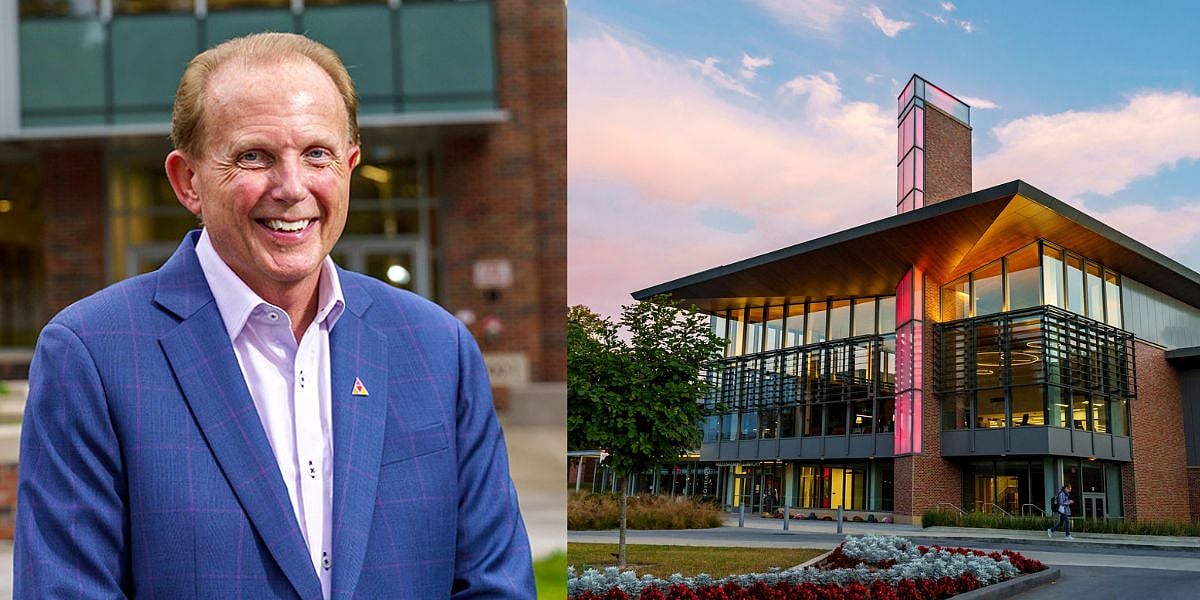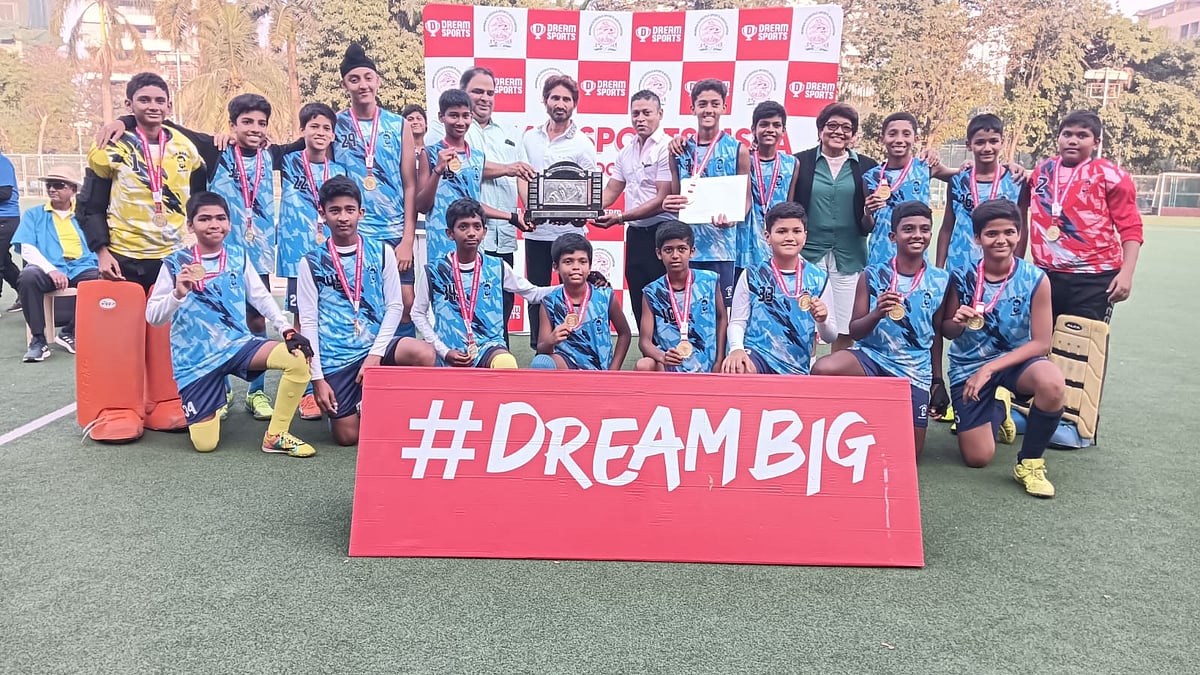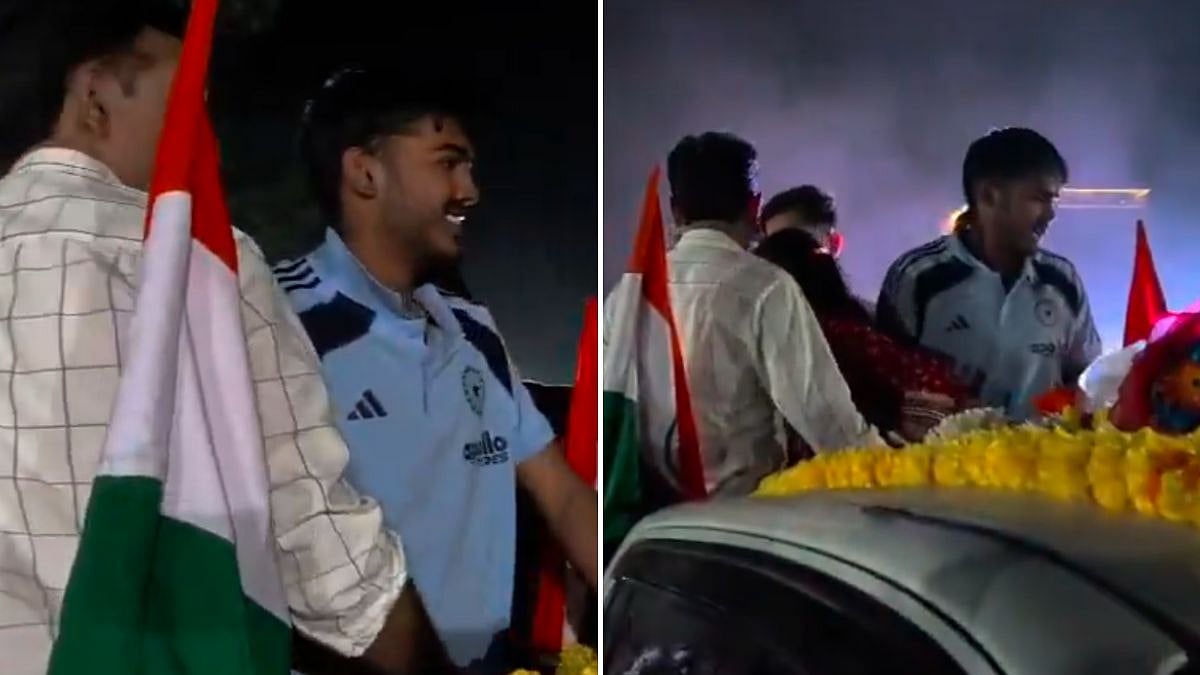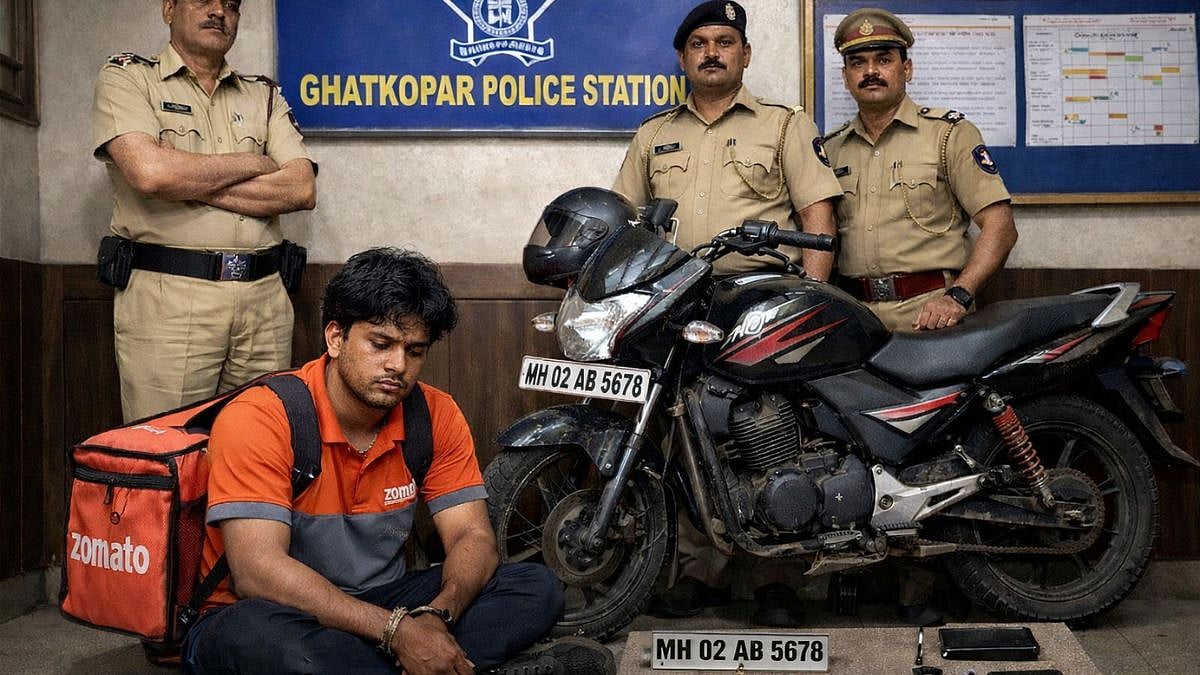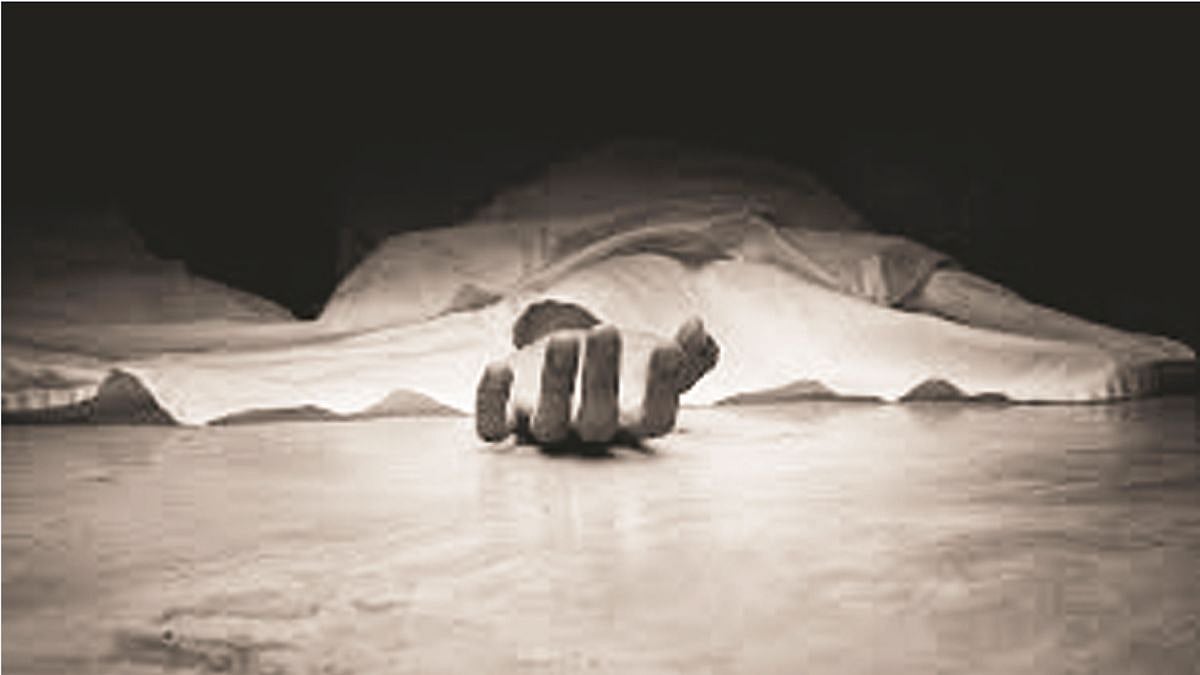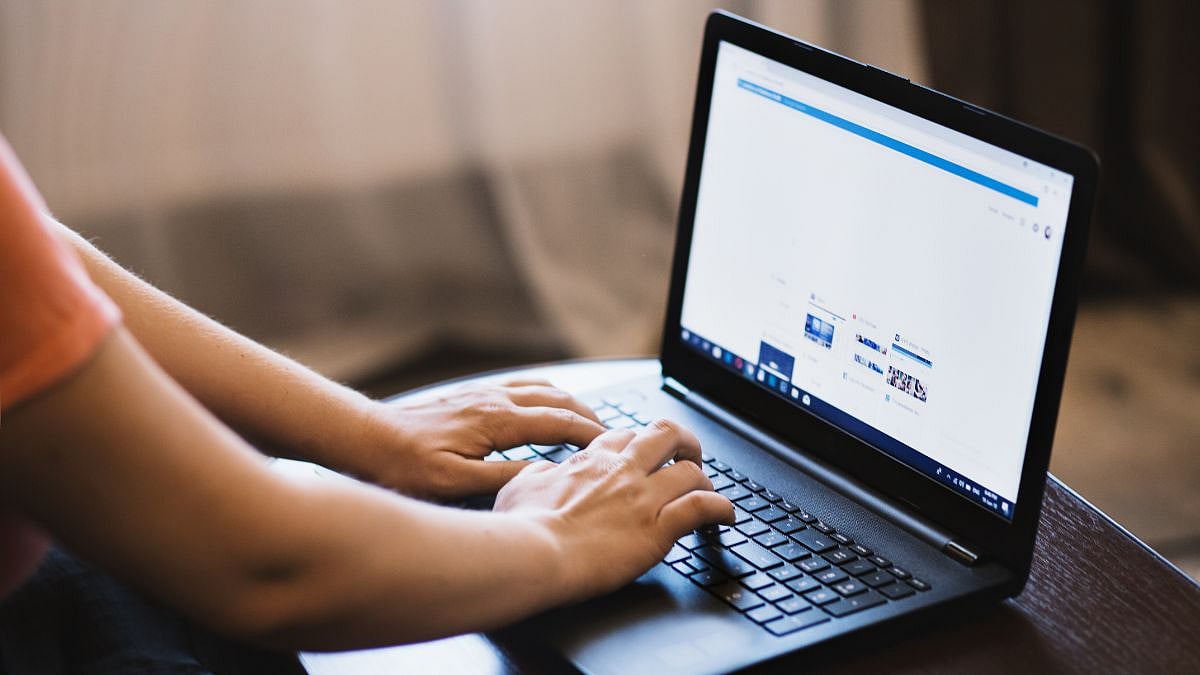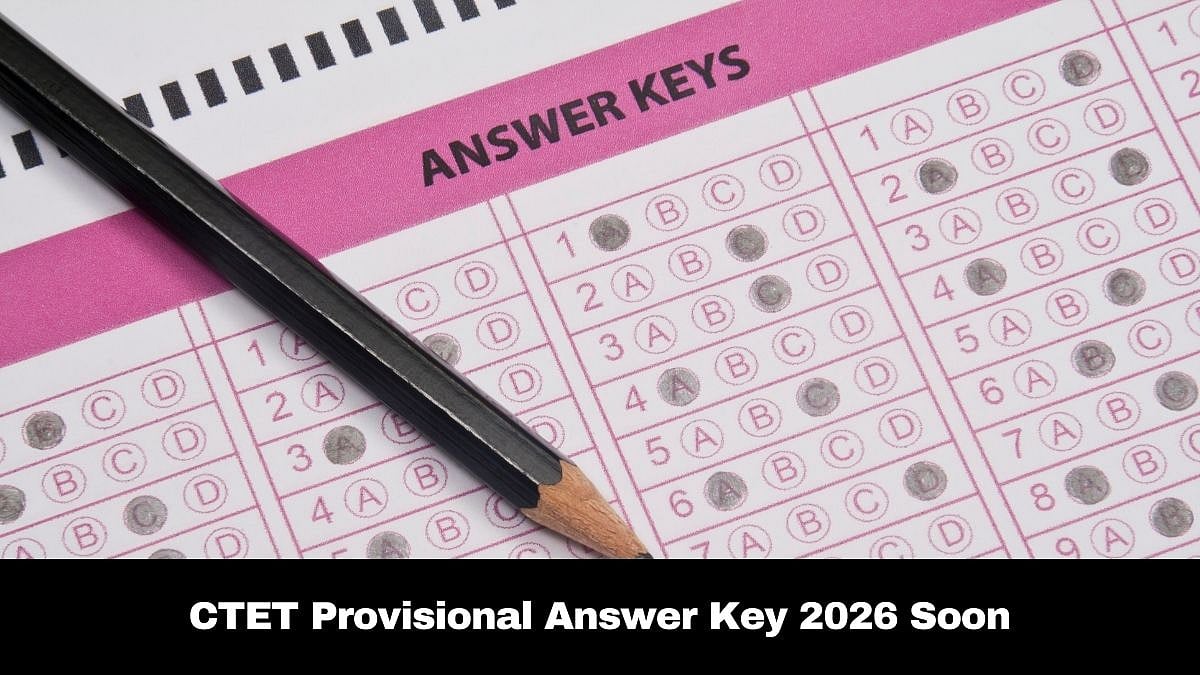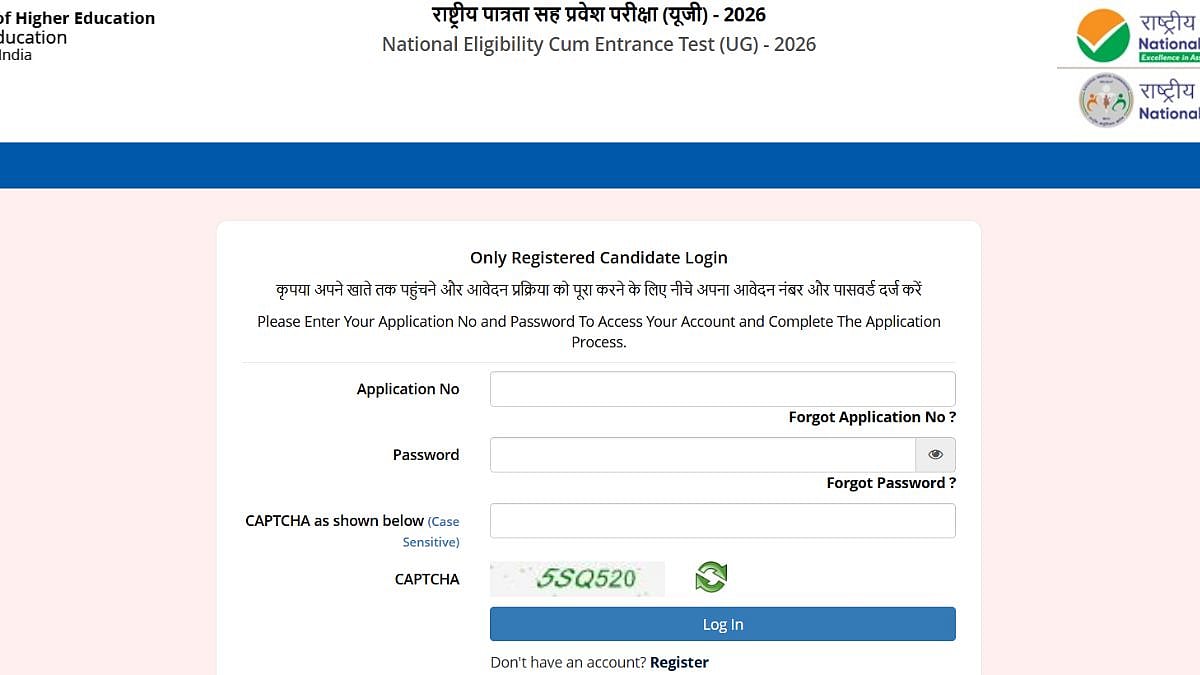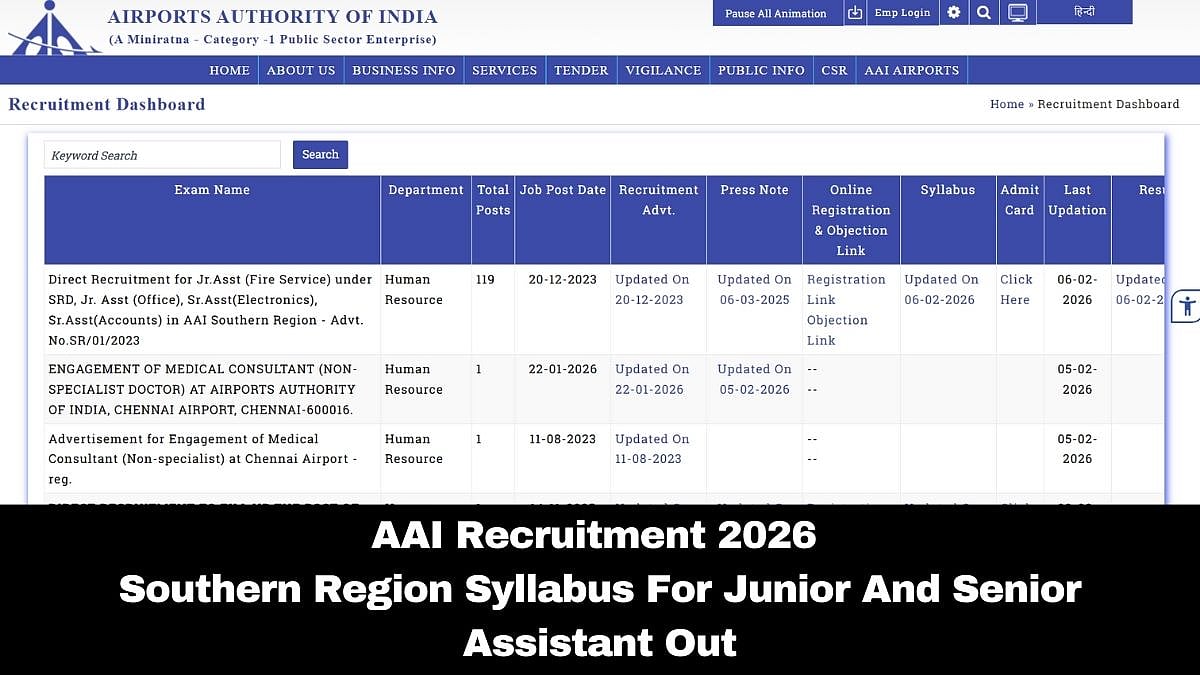Indiana-based Rose-Hulman Institute of Technology is becoming an attractive destination for Indian students, according to its 16th president, Robert A Coons. Speaking to The Free Press Journal (FPJ) Coons highlights the institute's unique offerings, including small class sizes, direct interactions with fully-mentored PhD professors and a supportive educational environment. He also discusses the 99% placement rate, cultural events and numerous opportunities for holistic student development.
FPJ: What are the exceptional opportunities provided to Indian students?
Coons: Our mission statement emphasises providing individualised attention and support, which is central to our model. We are a small institution with small class sizes, where all classes are taught by fully-mentored PhD professors. There are no TAs or instructors; interactions are directly with faculty members, even at the graduate level. The average class size is below 24 and the faculty-to-student ratio is 14:1. This allows for open and direct access to faculty, fostering strong relationships over the four-year period. Students can choose from over 100 different clubs and organisations, which we believe is critical to the learning process. Our hands-on experience is unmatched, with students having access to equipment and labs typically reserved for graduate-level study.
Additionally, we offer a programme called R Squared, where students with advanced placement credit can earn both a bachelor's degree and a master's degree in engineering management within four years. This is particularly attractive from both a cost and time perspective.
FPJ: What is the male-to-female ratio? Are there scholarships available for female students?
Coons: Our incoming class this fall has 25% female students, compared to the national average of 22% for engineering programmes. Our goal is to reach 30% female enrollment. We have summer programmes designed to encourage female high school students to pursue STEM education. In terms of scholarships, there are several opportunities available for both male and female students, including full tuition and partial scholarships. One unique programme is the Noblitt Scholars Programme, which accepts a cohort of 30 students annually. It includes funding for students to pursue their passions, such as international studies.
International students can also receive scholarships averaging between $20,000 to $25,000 per year.
FPJ: Are there any initiatives to enhance STEM education and increase female enrollment?
Coons: We have several summer programmes aimed at building interest in STEM at the high school level. These include programmes specifically for females and broader initiatives like the Rose Power Programme, which allows students to work on STEM projects and present their work. Additionally, we have a programme called Ask Rose, a homework hotline where current students tutor K-12 students in math and science. We've also made several trips to India to visit high schools, do presentations, and attend college fairs to raise awareness.
FPJ: What are the most popular programmes at your institute?
Coons: Mechanical engineering is the largest programme, followed closely by computer science and software engineering. These two programmes have the highest enrolment and are very popular among students. We also have a growing engineering design programme that integrates design concepts throughout the four-year curriculum. This programme is particularly attractive to small startup companies seeking graduates with a broad skill set. And then we have all the other traditional engineering disciplines of civil engineering, chemical engineering, electrical and computer engineer. We have started NANO engineering program as well that we've had some really successful alums to graduate from and recently went through an analysis and a name change of that program to more accurately reflect the degree that we're conveying here. But NANO engineering is something that's becoming more popular as well.
FPJ: Can you tell us about student accommodations?
Coons: Out of our 2,250 students, about 1,350 live in residence halls on campus. All freshmen are required to live on campus, and many students choose to stay on campus throughout their studies. We are currently constructing a new freshman hall to be completed by next summer, adding another 160 beds. So that'll bring us over 1500 students in the residence hall. Additionally, we have fraternities and sororities associated with the engineering disciplines, housing another 400-500 students. The remaining students live in nearby apartments. So a large percentage of our total student body physically live on canvas.
FPJ: What safety measures are in place for students?
Coons: One of the things that is very attractive to families is the safety of the campus. We're in a community of Terre haute which is about 58,000 people. We are 50 minutes directly west of Indianapolis, which is a much larger city. Safety is a top priority, and our campus is in a very safe community with low crime rates. We have a public safety staff available to escort students in the evening and provide rides to nearby stores or medical care.
We have a medical clinic on campus. So, it's a basic medical clinic; they can provide immunisations, any kinds of medication that is required to be administered routinely. So any kind of illness or virus, they can certainly manage those and provide prescription medications. We have a tie-up with local hospital system. So if there's a particular medical issue that little more advanced, then they have referral capabilities to a physician at the hospital. We consistently rank in the top 10% nationwide for campus safety.
FPJ: Are there cultural programmes for Indian students?
Coons: Yes, we have a South Asian Student Alliance that organises several cultural programmes, including an annual Diwali celebration and a Holi celebration. These events are popular among both Indian and American students. We also have Indian restaurants nearby, and our dining facilities accommodate vegetarian and vegan diets. Our international office provides cultural orientation for new students to help them acclimatise to life on campus.
FPJ: What are the key milestones of the institute, especially its 150th anniversary celebrated in April 2024?
Coons: Celebrating our 150th anniversary this year, we've made significant progress. One of the most impactful decisions was becoming co-educational in 1995. This has greatly enriched our campus environment. Over the past 25-30 years, we've built a global reputation for the quality of our undergraduate education. Our student body has become more diverse, with 33% of enrollment now representing underrepresented populations. We've also expanded our facilities, including a new residence hall and enhanced sports and recreation facilities.
FPJ: What attracts Indian students to Indiana?
Coons’: Safety is a major concern for families, and our campus in the Midwest is very safe and welcoming. We experience all four seasons, which many students enjoy, and our winters are milder than in northern cities like Chicago. The smaller population and ample green space provide a serene environment. We're also close to major cities like Chicago, St Louis, and Indianapolis, making it easy for students to access larger metropolitan areas when needed.
